
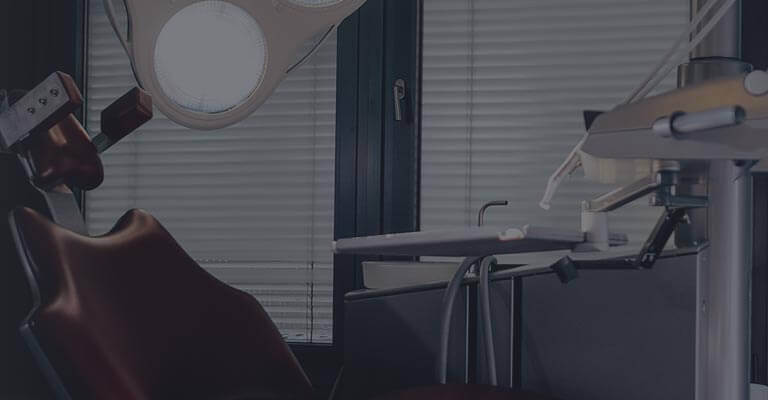
Oral and Maxillofacial Surgery in Germany
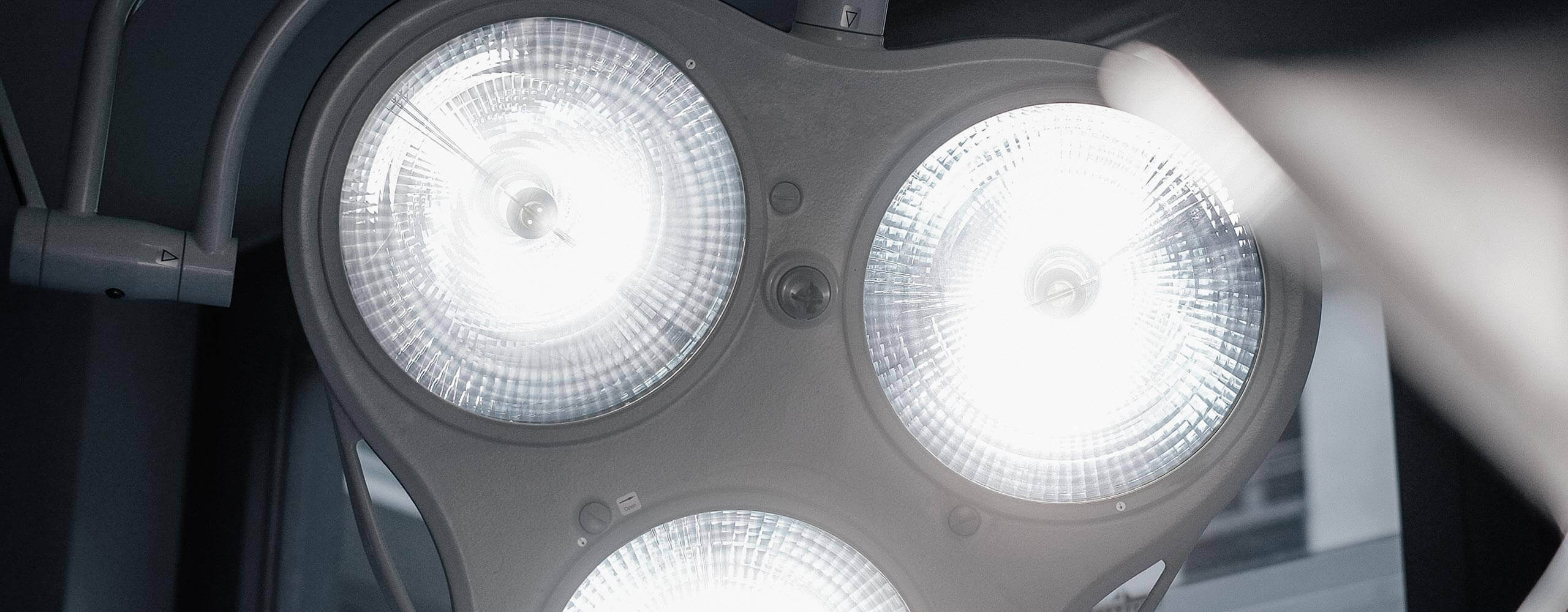
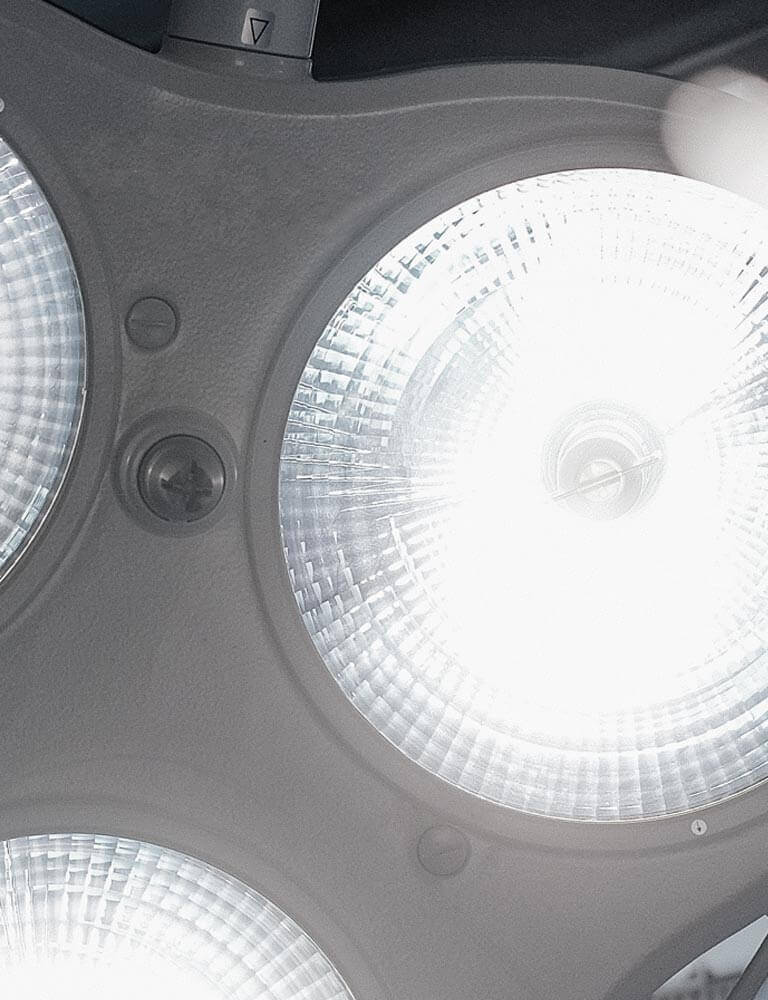
Oral surgery and maxillofacial surgery in Germany
Expression and appearance depends very much on a person’s face, expression and teeth. Mouth, jaw, and face surgery intends to deal with all the complex structures and functions of the face, jaw, and teeth. The maintenance and recovery of functional aspects such as chewing, speaking, swallowing and breathing are basic elements with regard to the expression and personal appearance of a face. The individual aesthetic plays a very important role in this area. It is possible to treat following conditions: Injuries and results of injuries to the skin of the face, mucous membrane, skull, jawbone and teeth, malignant and non malignant changes to skin and mucous membrane, salivary glandular deseases, Functional, facial and nerve pain, cleft lip and palate, cysts, sinus illnesses and more. Please don’t hesitate to contact us with any question.
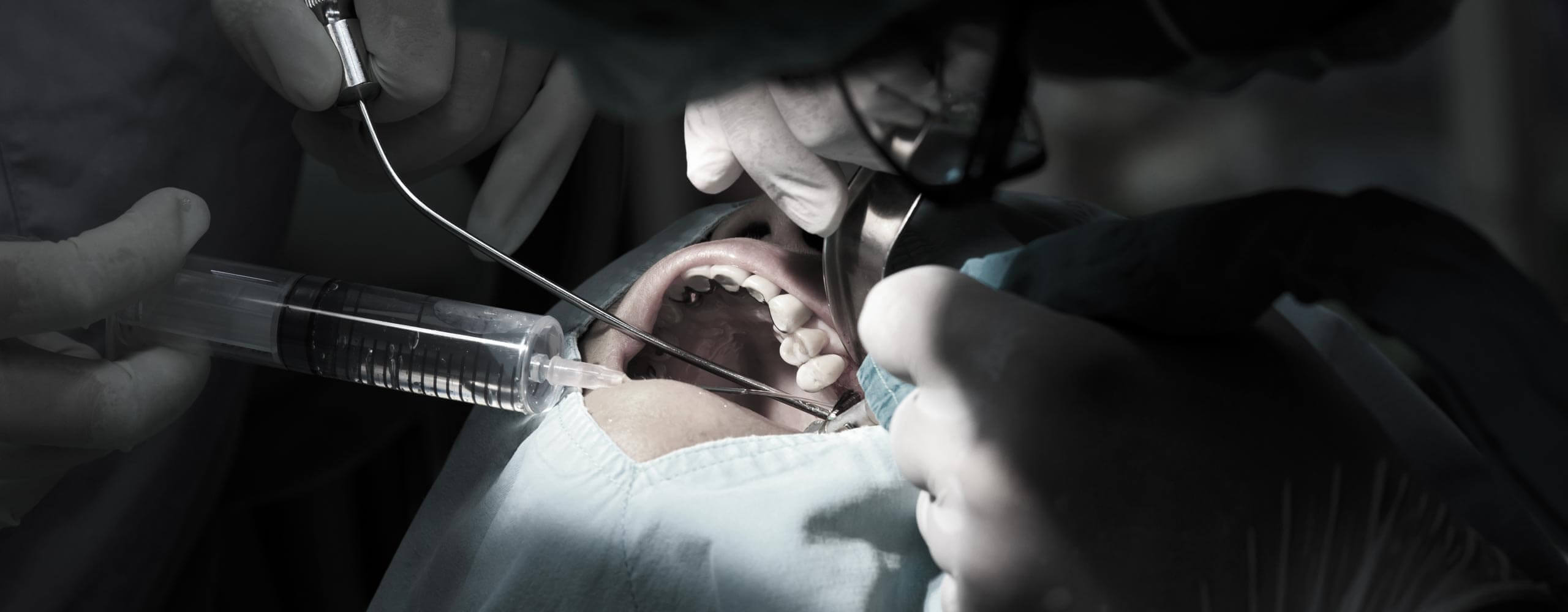
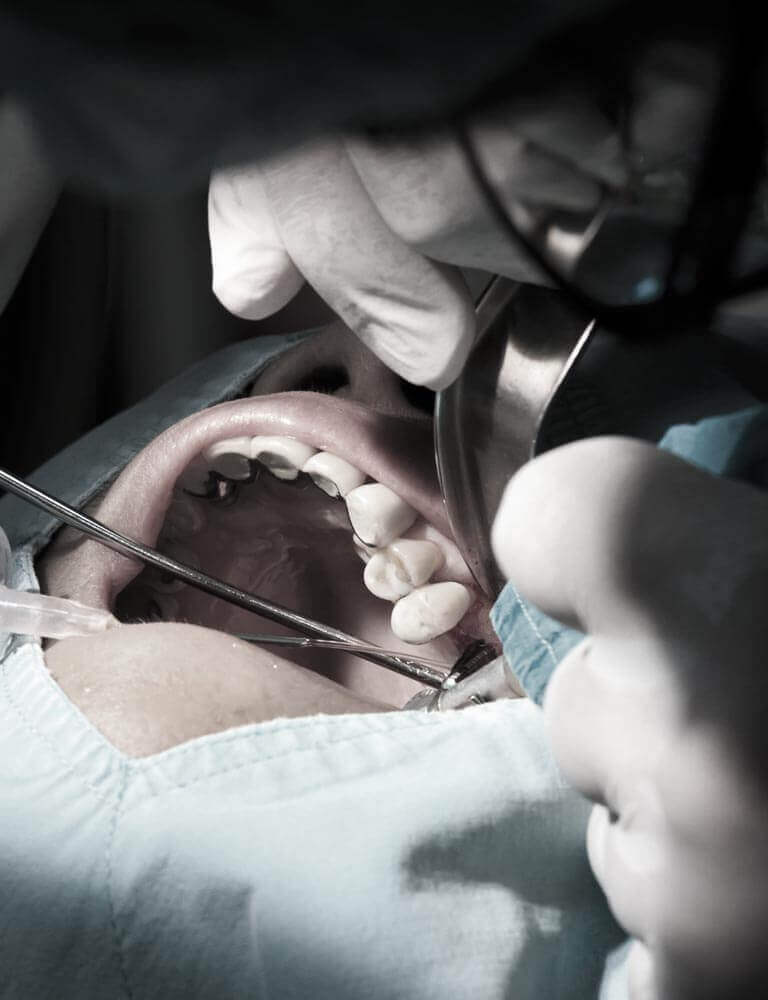
Aesthetic reconstruction of wounds of war, terror and accidents
The BERLIN-KLINIK International Hospital Team for OMS / OMFS and aesthetic and plastic surgery is definitely proven to help alleviate suffering and restore human dignity to victims of terror, war, torture, land mines and ethnic cleansing by providing them with the latest top level Plastic and Reconstructive Surgery treatments. children as well as adult patients. Our core goal is sustainability in the treatment of our patients. This means that is wanted and needed we keep in contact with our patients over longer terms and allow them to return to Germany for continuous medical treatment. Even poor patient who have no chance to be treated in Germany definitely have the chance for a top level surgical treatment because BERLIN-KLINIK International Hospital Germany is a partner and sponsor of placet-Berlin. Placet is founded 2001 in Berlin, Germany, placet is a non – profit, non – governmental organization whose members from around the world volunteer their time, surgical expertise and organizational skills to fulfilling its mission.
You can find Oral and Maxillofacial Surgery topics under:
Surgery of teeth, mouth jaws and face is performed by a specialised oral and maxillofacial surgeon (OMS / OMFS) to correct a wide range of minor and major skeletal and dental irregularities, including the misalignment of jaws and teeth. Surgery can improve chewing, speaking and breathing. While the patient’s appearance may be dramatically enhanced as a result of their surgery, orthognathic surgery is performed to correct functional problems. But have in mind that jaw Surgery may have a dramatic effect on many aspects of your life. It should only be performed if definitely needed. Conditions that may indicate the need for corrective jaw surgery are for example: Difficulties in chewing or biting food. Difficulty swallowing. Chronic jaw or jaw joint pain and headache. TMJ disorders. Excessive wear of the teeth, bruxism. Open bite with all its symptoms which means the space between the upper and lower teeth when the mouth is closed. Correction of common dentofacial deformities like unbalanced facial appearance from the front or side. Facial injuries from all reasons. Genetic birth defects. Receding lower jaw and chin. Protruding jaw. Inability to make the lips meet without straining. Chronic mouth breathing. Sleep apnea and breathing problems when sleeping including snoring and the dry mouth symptoms. Your dentist, orthodontist and OMS will work together to determine whether you are a candidate for corrective jaw, or orthognathic surgery. The OMS determines which corrective jaw surgical procedure is appropriate and performs the actual surgery. It is important to understand that your treatment which will probably include orthodontics before and after surgery, may take several years to complete. Your OMS and orthodontist understand that this is a long-term commitment for you and your family and will try to realistically estimate the time required for your treatment.
Important dental symptoms that should immediately lead your way to your dentist or directly to BERLIN-KLINIK International Hospital and International Dental Clinic include bleeding, pain, malocclusion new growths, numbness or paresthesias, and chewing problems prolonged dental symptoms may decrease oral intake, leading to weight loss. General information includes use of alcohol or tobacco, both major risk factors for head and neck cancer, and systemic symptoms, such as fever and weight loss. Bleeding or pain with brushing: First of all and most common gingivitis , very seldom ANUG-acute necrotizing ulcerative gingivitis , bleeding diathesis may be indicated by easily induced gingival hemorrhaging and also a case of leukemia which may also be indicated by easily induced gingival hemorrhaging! Ear pain: Inflamed gingival flap around a partly erupted mandibular 3rd molar called pericoronitis, localized osteitis called dry socket after lower molar extraction.
Face, head, or neck pain – in combination with poorly fitting or insufficient dentures, bridges or crowns or temporomandibular disorders, eagle’s syndrome which means the Elongation of the styloid process or ossification of the stylohyoid ligament, causing pain when the head is turned, infection, malocclusion, occult lesions with low-grade anaerobic infections spreading to the bone, spasm of the masticatory muscles and temporomandibular disorders in general. Facial numbness or paresthesias may be with stroke, antrum or nasopharynx tumor, brain stem tumors,extraction of a mandibular molar causing damage to the inferior alveolar nerve, this may cause paresthesia of the lower lip also, multiple sclerosis, oral tumors, stroke and viral infections. Masticatory fatigue in combination with insufficient prosthetics, bridges and crowns, congenital muscular or neuromuscular disorder of younger people, myasthenia gravis which is a cardinal symptom! And especially in older people those insufficient poorly occluding artificial dentures, often in combination with massive bone loss. Masticatory pain or jaw claudication: Giant cell arteritis and polymyalgia rheumatica. Weight loss which is fairly common: Insufficient dental hygiene and also dental treatment, poorly fitting dental appliances, bridges and crowns, stomatitis, temporomandibular disorders in general and last but not least too loose, too few, or painful teeth.
A thorough inspection requires good illumination, a tongue blade, gloves, and a gauze pad. Complete or partial dentures are removed so that underlying soft tissues can be seen. BERLIN-KLINIK International Hospital and International Dental Clinic dentists and surgeons initially look at the face for asymmetry, masses, and skin lesions. Slight facial asymmetry is universal, but more marked asymmetry may indicate an underlying disorder, either congenital or acquired Teeth are inspected for shape, alignment, defects, mobility, color, and presence of adherent plaque, materia alba from dead bacteria, food debris, desquamated epithelial cells, and calculus or tartar. If positively found you need to see the BERLIN-KLINIK Prophylaxis Dep. soon. Teeth are gently tapped with a tongue depressor or mirror handle to assess tenderness percussion sensitivity. Tenderness to percussion suggests deep caries that has caused a necrotic pulp with periapical abscess or severe periodontal disease. Percussion sensitivity or pain on biting also can indicate an incomplete, green stick, fracture of a tooth. Percussion tenderness in multiple adjacent maxillary teeth may result from maxillary sinusitis. Tenderness to palpation around the apices of the teeth also may indicate an abscess. Loose teeth usually indicate severe periodontal disease but can be caused by bruxism like clenching or grinding of teethor trauma that damages periodontal tissues. Rarely, teeth become loose when alveolar bone is eroded by an underlying mass, like ameloblastoma, or eosinophilic granuloma.
A tumor or systemic cause of alveolar bone loss like with diabetes mellitus, hyperparathyroidism, osteoporosis or Cushing’s syndrome is suspected when teeth are loose and heavy plaque and calculus are absent. The lips are palpated. With the patient’s mouth open, the buccal mucosa and vestibules are examined with a tongue blade; then the hard and soft palates, uvula, and oropharynx are viewed. The patient is asked to extend the tongue as far as possible, exposing the dorsum, and to move the extended tongue as far as possible to each side, so that its posterolateral surfaces can be seen. If a patient does not extend the tongue far enough to expose the circumvallate papillae, the examiner grasps the tip of the tongue with a gauze pad and extends it. Then the tongue is raised to view the ventral surface and the floor of the mouth. The teeth and gingiva are viewed. An abnormal distribution of keratinized or nonkeratinized oral mucosa demands attention. Keratinized tissue that occurs in normally nonkeratinized areas appears white. This abnormal condition, called leukoplakia, requires a biopsy because it may be cancerous or precancerous. More ominous, however, are thinned areas of mucosa. These red areas, called erythroplakia, if present for at least 2 wk, especially on the ventral tongue and floor of the mouth, suggest dysplasia, carcinoma in situ, or cancer.
